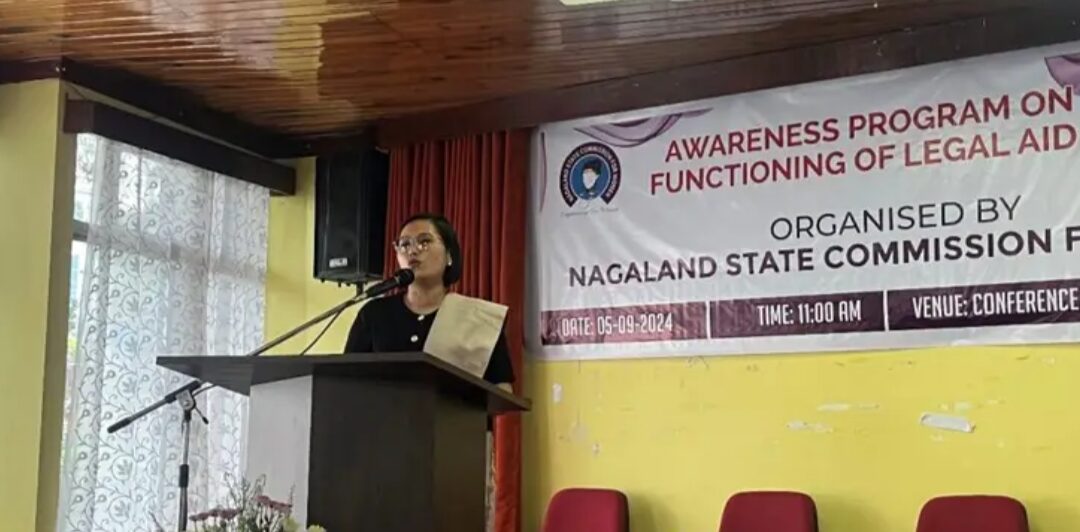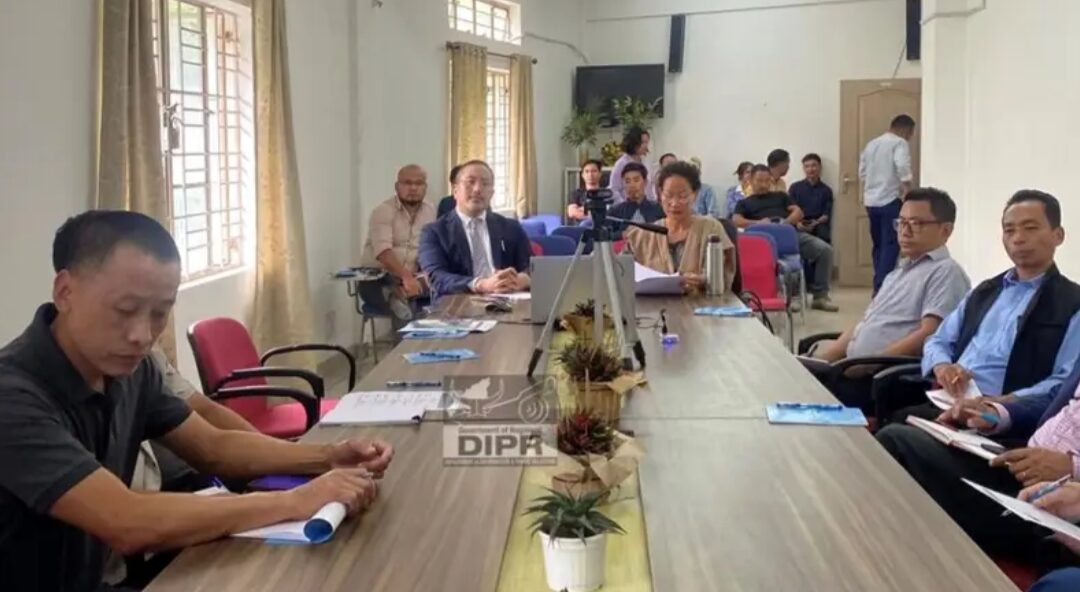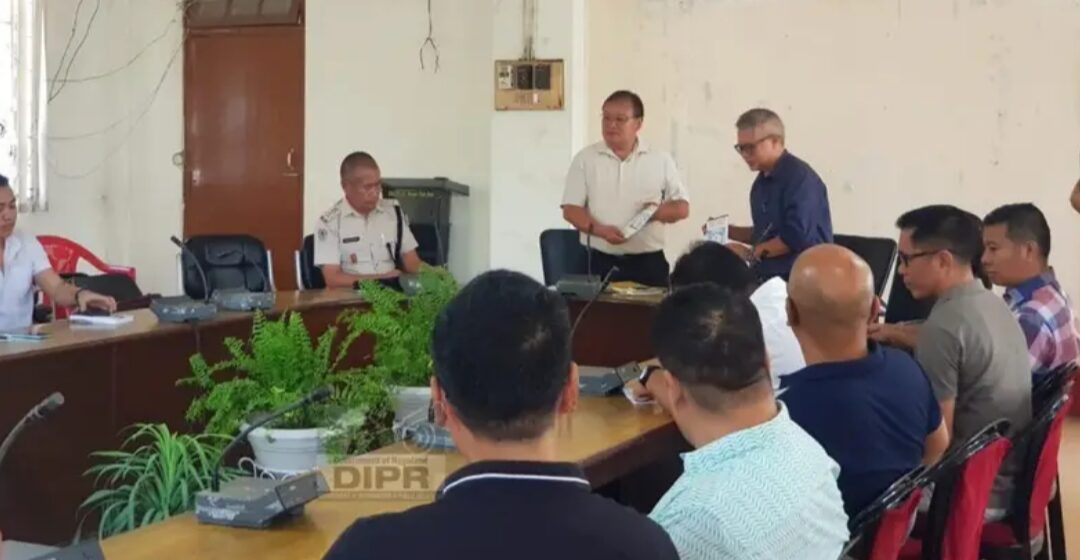On 5 September 2024, the Nagaland State Commission for Women (NSCW) organised an awareness programme at the Red Cross Conference Hall in Kohima to educate the public about the functioning of its Legal Aid Cell. Established in 2022, the Legal Aid Cell aims to provide accessible support and free legal assistance to women.
Domestic Violence: A Persistent Issue
Legal Consultant Apila Sangtam highlighted that society has become accustomed to forgiving domestic violence, which includes physical, sexual, verbal, emotional, and economic abuse. In Nagaland, 70% of domestic violence cases involve verbal and emotional abuse, with instances where women physically assault other women. Sangtam noted that many women wish to file complaints but often hesitate, leaving them feeling lost. Family members or other parties sometimes withdraw cases on behalf of the victims, and some women return repeatedly as the abuse continues even after withdrawal.
Also Read: Nagaland’s Hokato Hotozhe Sema clinches historic Paralympic Bronze, rewarded with ₹1.5 Crore
The Need for Male Awareness
Sangtam emphasised the importance of men being aware of these offences and participating in training programmes. Since most perpetrators are men, it is crucial for them to understand their actions and the consequences. She explained that individuals can file cases against domestic violence perpetrators in the court of the Judicial Magistrate of First Class, depending on where the offender resides or conducts business.
Reporting and Legal Procedures
Sangtam detailed the rules and procedures for reporting domestic violence cases. Victims must report any abuse immediately or within three days, after which the first date of hearing will be set. The Protection Officer must serve notice to the respondents within two days, and if necessary, ex-parte or interim orders may be issued. The magistrate aims to resolve the case within 60 days from the date of filing, with appeals possible to the court of sessions within 30 days.
Also Read: Jude Bellingham’s injury recovery on fast track, may return sooner
Sexual Harassment at Workplace
The programme also covered the Sexual Harassment of Women at Workplace (Prevention, Prohibition, and Redressal) Act, 2013. Sangtam explained that this act applies to all government establishments, semi-private sectors, hospitals, and sports academies. Every establishment with 10 or more employees must form an Internal Committee (IC), while each district must have a Local Committee (LC) established by the District Collector.
Protection of Children
Sangtam discussed the Protection of Children from Sexual Offences Act, 2012, which safeguards children against sexual assault, harassment, and pornography. She outlined the procedures for reporting cases, emphasising that individuals can report to the Special Juvenile Police Unit or local police. Failure to report or record a case can result in penalties, including imprisonment and fines.
NSCW’s Mission and Objectives
W. Nginyeih Konyak, Chairperson of the NSCW, emphasised the commission’s mission to create a safe environment for Naga women, ensuring they have knowledge of their rights and the freedom to pursue their careers. The NSCW was establishe




